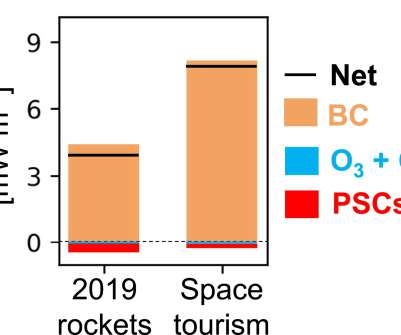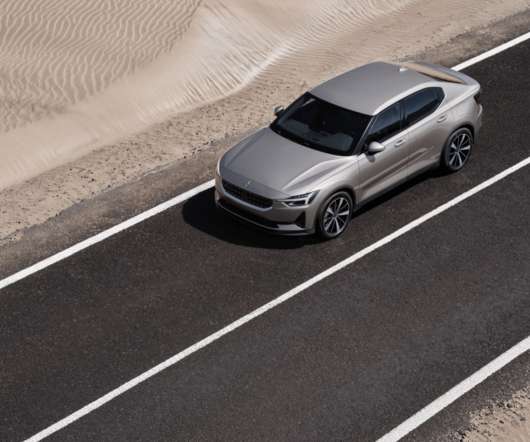International study identifies 14 key measures to reduce methane and black carbon emissions; reduction in projected global mean warming of ~0.5 °C by 2050
Green Car Congress
JANUARY 13, 2012
Circle areas are proportional to values for (A and B) climate change, (C and D) human health (values for population over age 30), and (E and F) agriculture. The team considered about 400 emission control measures to reduce these pollutants by using current technology and experience. Source: Shindell et al. Click to enlarge.



















Let's personalize your content